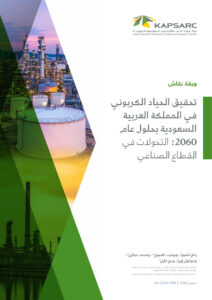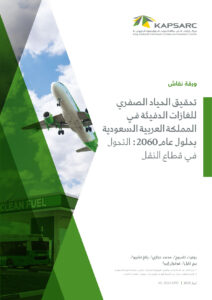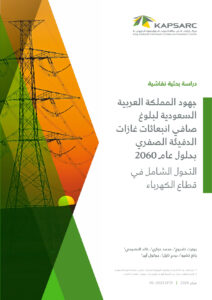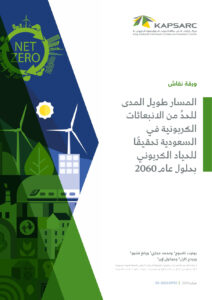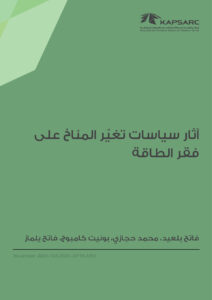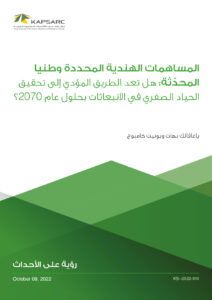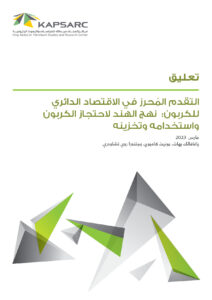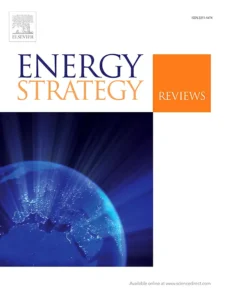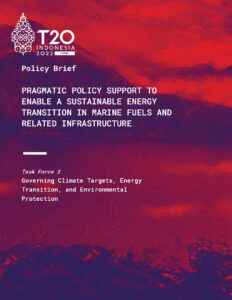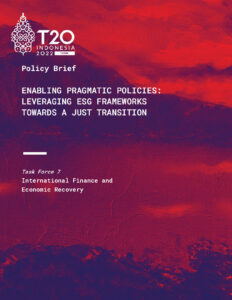هو قائد بحوث في برنامج المناخ والاستدامة، ويعمل حاليًا على تحليل السيناريو ومسارات إزالة الكربون في إطار مشروع الشراكة المتعلقة بالتخفيف من آثار تغير المناخ والتكيف معها (CAMP) في كابسارك.
قبل انضمامه إلى كابسارك عمل مع مجلس الطاقة والبيئة والمياه (CEEW) في الهند، حيث شارك في تطوير النسخة المخصصة من نموذج تحليل التغير العالمي للهند (GCAM-India). وعمل قبل ذلك مع معهد Brookings (مركز الهند) حيث شارك في تحرير مجموعة مختارة عن قطاع الفحم في الهند، وضعت في كتاب يبحث في جوانب مستقبل الفحم في الهند -جميعها- في ثمانية عشر فصلًا مستمدة من كبار الخبراء في هذا المجال. كما أن لديه مجموعة كبيرة من البحوث وملخصات السياسة والتقارير المنشورة. وبصفته باحثًا مستقلًا، فقد كان يكتب لمجموعة العشرين والصحف الوطنية الرائدة. وهو حاصل على الماجستير في التقنية في الطاقة المتجددة من جامعة TERI في نيودلهي.

